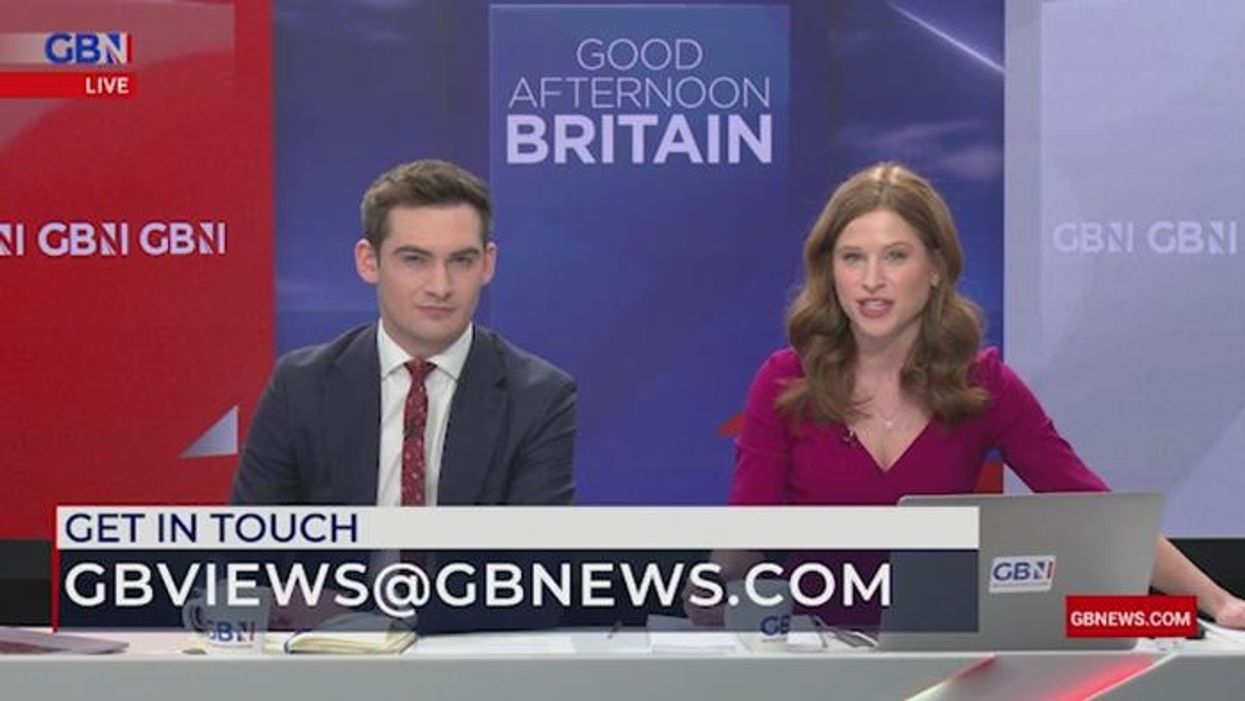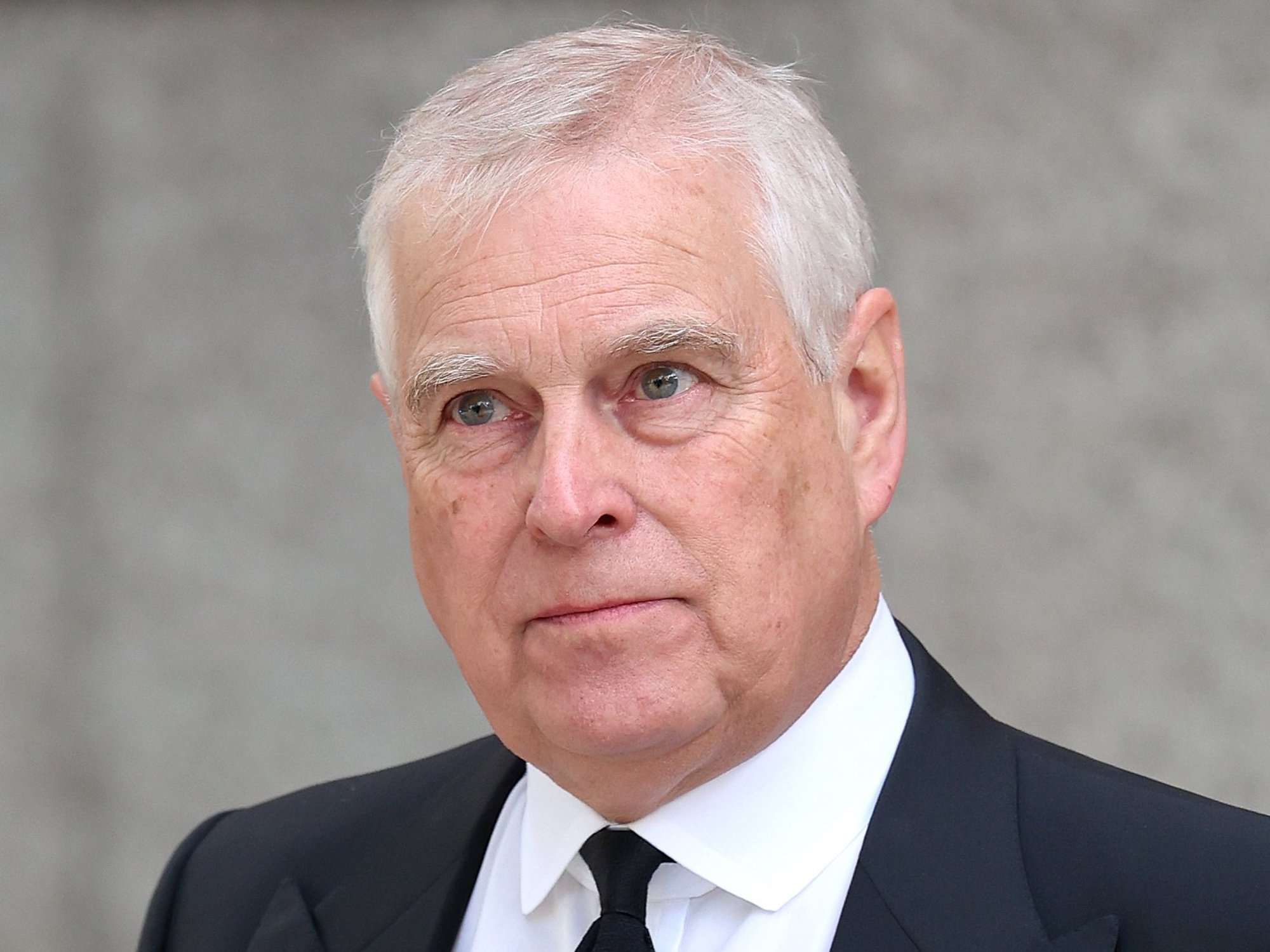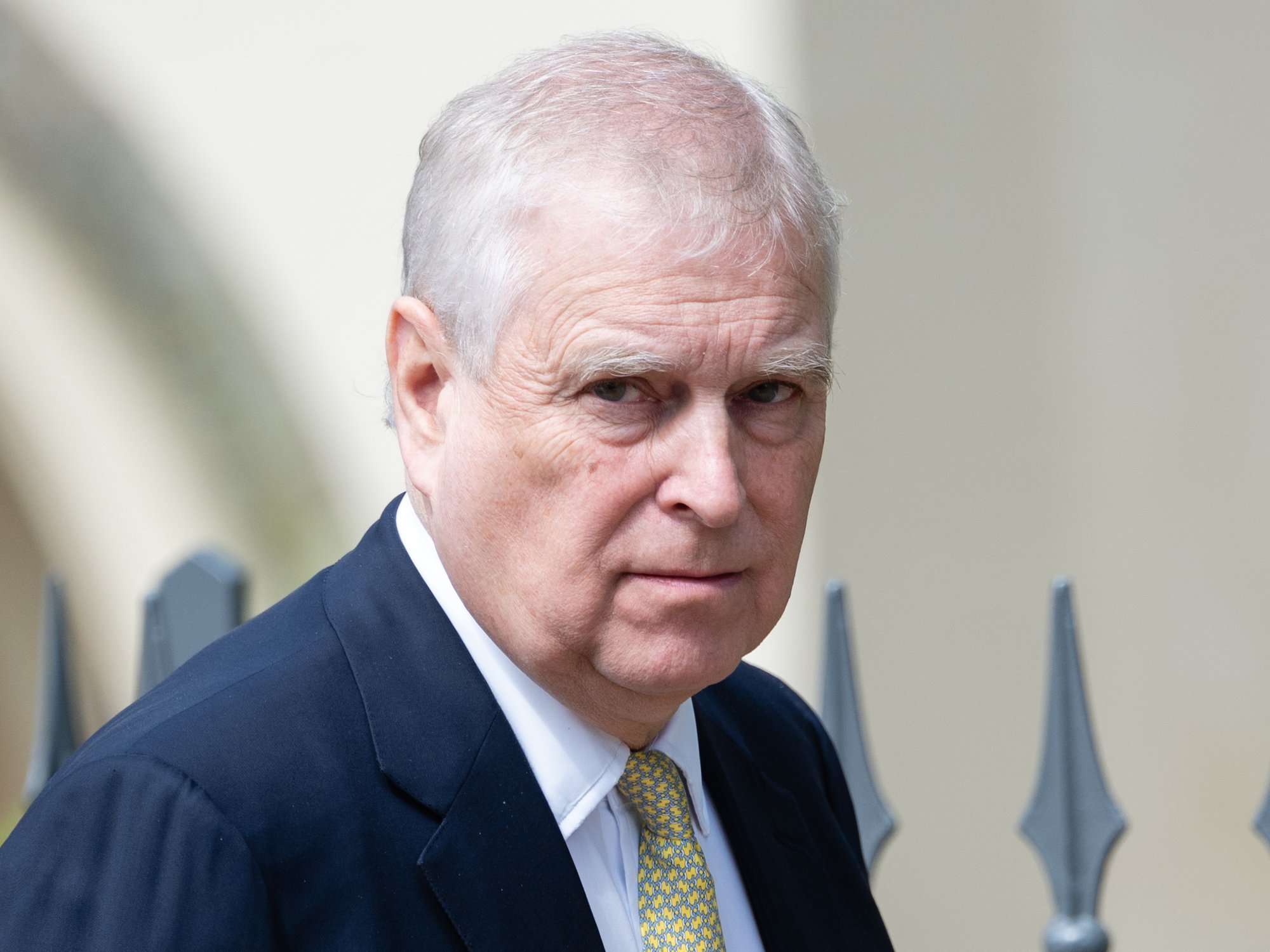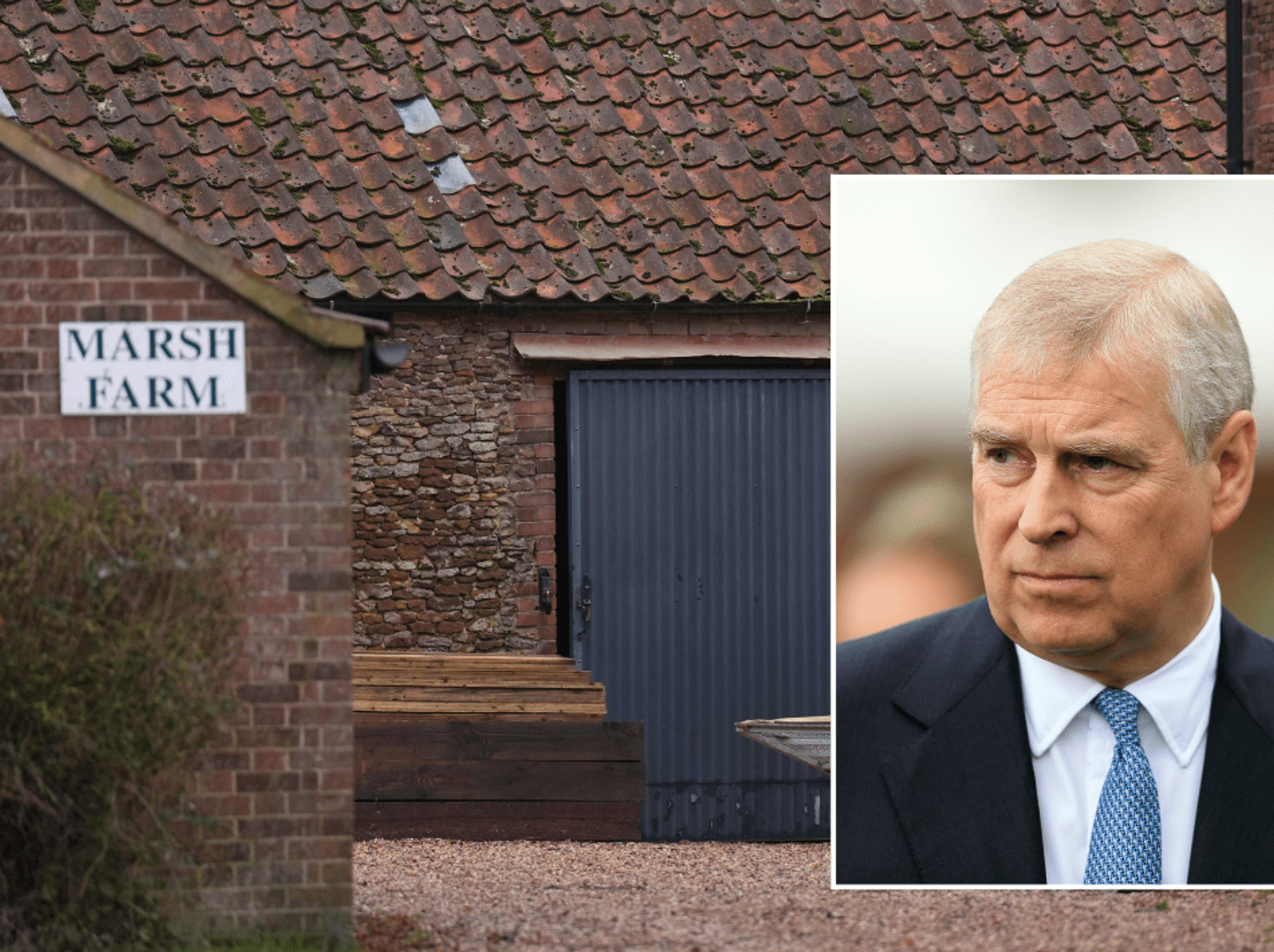Liam Halligan warns of new charge being added to your energy bill that will INFURIATE you - not many will notice

Ofgem today announced the energy price cap would fall from April, although it will still be 50 per cent higher than pre energy-crisis levels
Don't Miss
Most Read
Millions of customers on the energy price cap are set to see bills fall by 12 per cent from April 1, but a new charge will be introduced at the same time.
Amid the price cap announcement today, Ofgem said it will allow a temporary extra charge of £28 a year – or £2.33 per month – to energy bills.
Speaking on GB News today, GB News Economics and Business Editor Liam Halligan warned few people may realise the additional payment is being brought in.
He said: “It’s worth saying that as part of this announcement, the bit that no one will notice is that the energy companies are being able to charge all households to flatten their – the energy company’s – balance sheets, which to me, on first reading, seems a bit odd.”
Do you have a money story you'd like to share? Get in touch by emailing money@gbnews.uk.
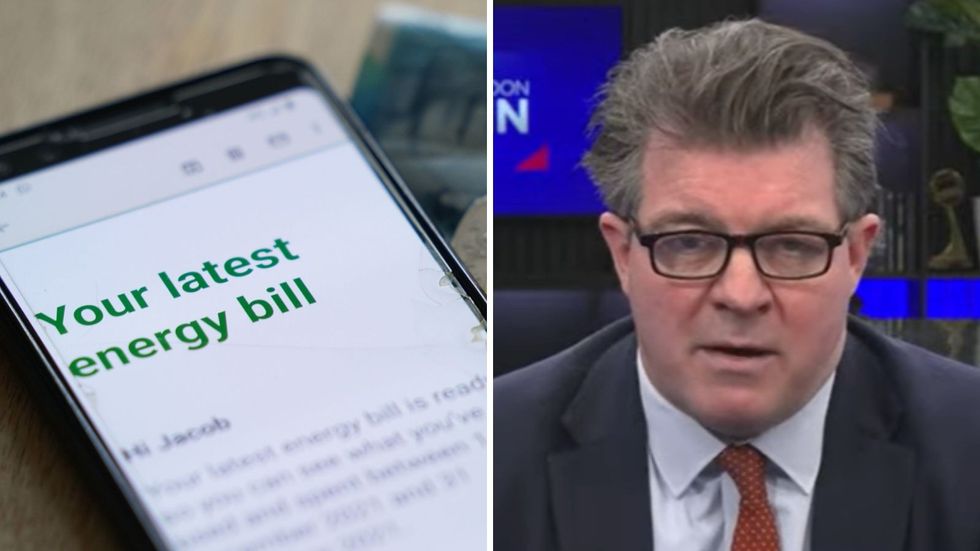
GB News Economics and Business Editor Liam Halligan warned few people may realise the extra charge will be added to bills
|PA | GB NEWS
The debt backlog payments are intended to ensure energy suppliers have “sufficient funds” to support struggling customers, Ofgem said.
The energy regulator said affordability remains the “most significant” issue as people struggle to pay their bills following the energy and cost of living crisis over the past two years, which have led to record levels of energy debt.
The charge will be added to the bills of direct debit or standard credit customers and is partly offset by the end of an allowance worth £11 per year that covered debt costs related to the Covid pandemic.
Mr Halligan added: “The energy companies have been a bit tricksy with the Government because while they are lowering the energy price cap – a lot less, by the way, than wholesale gas prices have come down, so there are some investigations to be done there – if you look into the detail, the energy providers have actually chiselled out from Ofgem the permission to charge households an extra £2.33 a month on average.
“What is that for? The energy companies say that is money which they, the energy companies, need, in order to support households who have got big debts on their energy bills.”
The energy price cap sets a maximum rate per unit that suppliers can charge customers for their energy use.
It will fall by 12.3 per cent on the previous quarter from April 1 to June 30, 2024.
Ofgem says that this equates to a drop of £238 to £1,690 over the course of a year for an average household paying by direct debit for dual fuel, saving around £20 a month, for the period.
LATEST DEVELOPMENTS:
However, if households use more energy, then they would need to pay more.
Jonathan Brearley, CEO of Ofgem, said price cap, which will fall to its lowest level in more than two years, was "good news" but warned: "There are still big issues that we must tackle head-on to ensure we build a system that’s more resilient for the long term and fairer to customers.
“That’s why we are levelising standing charges to end the inequity of people with prepayment meters, many of whom are vulnerable and struggling, being charged more up-front for their energy than other customers.
“We also need to address the risk posed by stubbornly high levels of debt in the system, so we must introduce a temporary payment to help prevent an unsustainable situation leading to higher bills in the future. We'll be stepping back to look at issues surrounding debt and affordability across market for struggling consumers, which we'll be announcing soon.
“These steps highlight the limitations of the current system – we can only move costs around – so we welcome news that the Government is opening the conversation on the future of price regulation, seeking views on how standard energy deals can be made more flexible so customers pay less if using electricity when prices are lower.
“But longer term we need to think about what more can be done for those who simply cannot afford to pay their energy bills even as prices fall. As we return to something closer to normality we have an opportunity to reset and reframe the energy market to make sure it’s ready to protect customers if prices rise again.”


